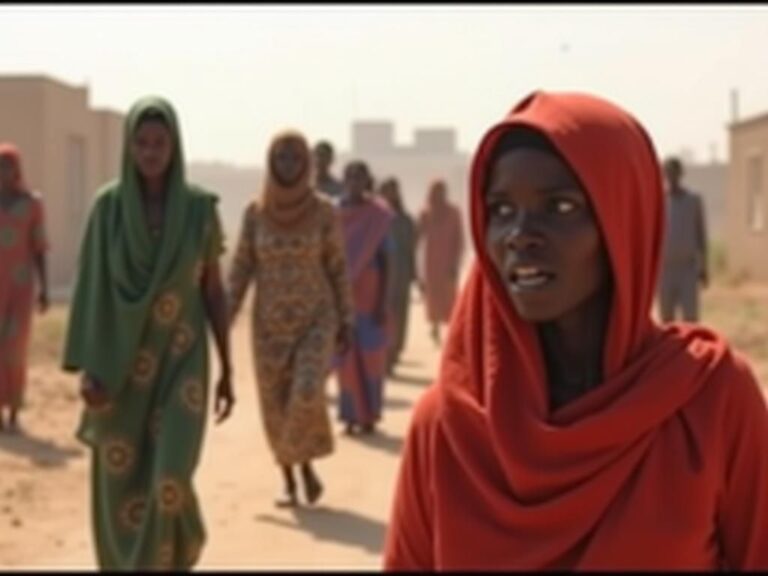
Kenyan author Ngũgĩ wa Thiong’o, a globally recognized figure in African literature, has died at the age of 87.
Wa Thiong’o was celebrated for his significant contributions to literature and his outspoken advocacy for human rights and decolonization.
Born in 1938 in what was then British Kenya, he witnessed firsthand the Mau Mau uprising and the struggle for independence, experiences that deeply influenced his writing.
He initially wrote in English, but later made a significant shift, choosing to write primarily in Gĩkũyũ, his native language, and advocating for the use of African languages in literature and education.
This decision was a radical departure from the norm and positioned him at the forefront of the movement for African cultural self-determination.
Wa Thiong’o’s works, including novels, plays, and essays, often explored themes of colonialism, class struggle, and the preservation of African identity.
Notable works include ‘A Grain of Wheat’, ‘Petals of Blood’, and ‘Decolonising the Mind’, which remain influential texts in postcolonial studies.
His writing frequently faced censorship and political opposition, leading to his imprisonment and exile from Kenya for several years.
Despite these challenges, Wa Thiong’o continued to write and teach, becoming a professor at several prestigious universities, including the University of California, Irvine.
His death marks the end of an era, leaving behind a rich literary legacy and a profound impact on the understanding of African identity and culture.



